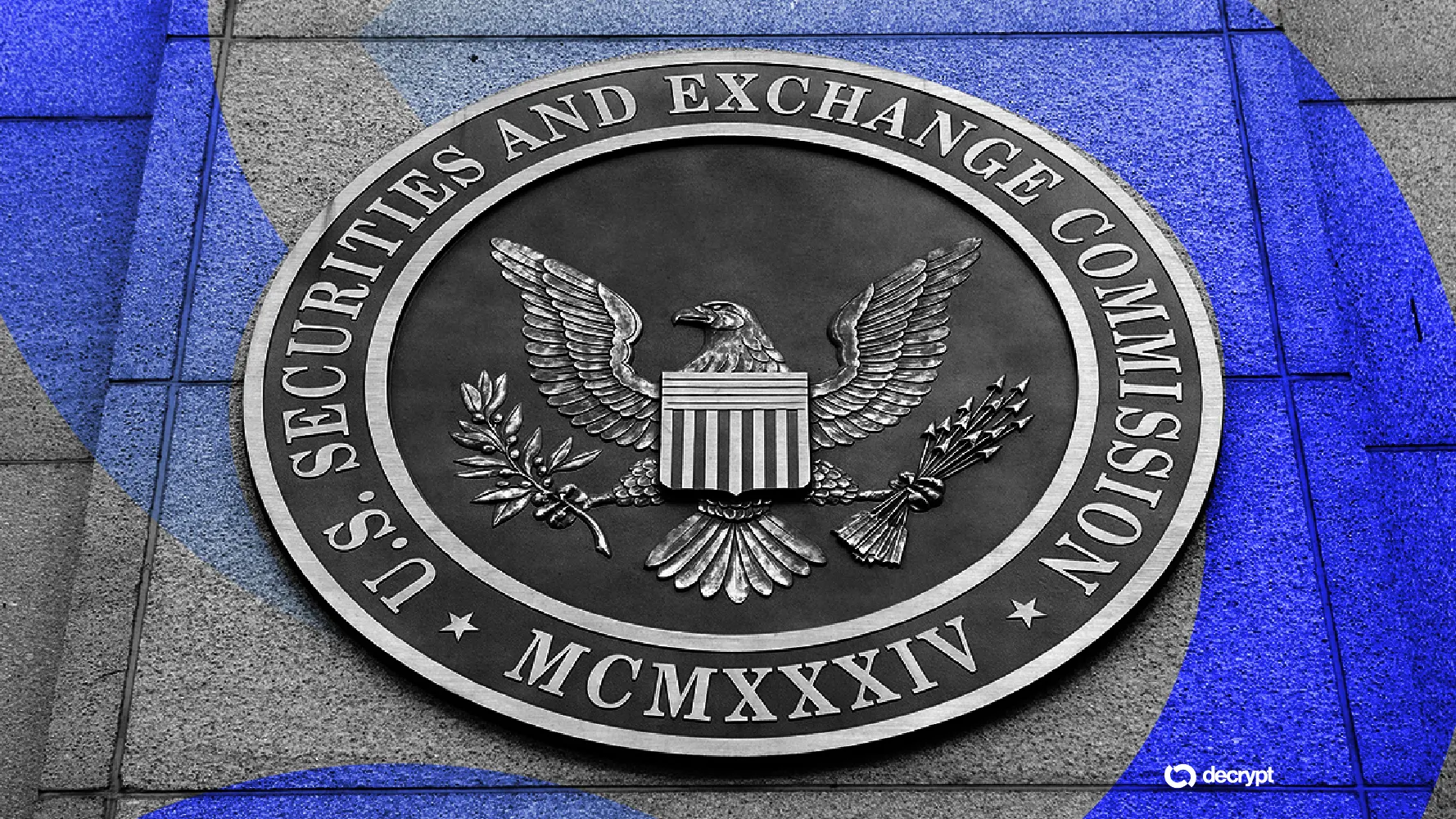In brief
- Coinbase CEO Brian Armstrong warned that if Congress fails to address the $37 trillion U.S. debt, Bitcoin could replace the dollar as the global reserve currency.
- Lawmakers and analysts say mounting deficits and money printing are eroding trust in the dollar, pushing states like New Hampshire and Arizona to start stockpiling Bitcoin.
- Experts, including six Nobel economists, warn the Trump-backed “big, beautiful bill” could worsen inequality and debt, while Elon Musk slammed it as a “disgusting abomination.”
Coinbase CEO Brian Armstrong warned that Bitcoin might “take over” as the world’s next reserve currency if Congress doesn’t act quickly to tackle its mounting $37 trillion in debt.
“I love Bitcoin, but a strong America is also super important for the world,” Armstrong tweeted on Tuesday. “We need to get our finances under control.”
Armstrong's concerns over the debt crisis came as House Republicans passed the Trump-backed “big, beautiful bill” in May that extends tax cuts, boosts military spending, and cuts Medicaid, food aid, and clean energy.
The fiscal strain is fueling interest in Bitcoin, which was born out of the 2008 financial crisis, due to its fixed supply and inflation-resistant design. It's an asset that’s become increasingly appealing to institutional investors and state governments.

Michael Saylor's Strategy Plans Stock IPO to Fund Bitcoin Buys, Operations
Strategy, formerly MicroStrategy, announced plans Monday to raise fresh capital by selling shares of preferred stock, with the proceeds earmarked for Bitcoin purchases and other operational expenses. Operating as a "Bitcoin Treasury" company, Strategy is seeking $250 million through an initial public offering of 2.5 million shares of its "10% Series A Perpetual Stride Preferred Stock” (STRD). The stock will be listed on the Nasdaq, with each share initially priced at $100, offering investors a...
“When it comes to stockpiling Bitcoin, U.S. states aren’t just racing against each other,” New Hampshire Rep. Keith Ammon told Decrypt last month. “They’re competing against a federal government that will be forced to print money to deal with its debt.”
Ammon said the federal government’s approach threatens the long-term value of the dollar and that Bitcoin could help protect state finances from further erosion.
Six Nobel Prize-winning economists, including Paul Krugman and Joseph Stiglitz, wrote in a June letter that the bill’s structural design would increase inequality and drive public debt by over $3 trillion, even more if its provisions become permanent.
Tesla CEO and former D.O.G.E head Elon Musk also criticized the measure on Tuesday, calling it a “massive, outrageous, pork-filled Congressional spending bill” and a “disgusting abomination.”
It will massively increase the already gigantic budget deficit to $2.5 trillion (!!!) and burden America citizens with crushingly unsustainable debt https://t.co/dHCj3pprJO
— Elon Musk (@elonmusk) June 3, 2025
The Senate’s next move on the bill could have more significant consequences than just fiscal. Critics argue that it may ultimately accelerate growing efforts to de-dollarize the global economy.
“Nobody is facing reality in the U.S.,” Komodo Platform CTO Kadan Stadelmann told Decrypt. “That’s where Bitcoin comes in, and a big part of the reason why Satoshi Nakamoto created it in 2008.”

House Democrats Claim SEC Is Denying Them Key Info on Crypto Bill
House Democrat staffers unloaded on the SEC Tuesday, accusing the agency of playing politics and defying precedent by denying them crucial information about the potential impact of a newly introduced crypto market structure bill. The SEC routinely provides technical assistance, dubbed “TA,” to lawmakers when pending legislation could impact the agency’s functioning. This analysis, typically provided by apolitical SEC experts to members of both parties, helps lawmakers understand, at a granular...
Bitcoin “stands in opposition to fiat currency,” Stadelmann added, who said traditional currencies, like the U.S. dollar, only add to the “hundreds of billions of dollars” in debt each year.
Linking the national debt to rising crypto demand, Stadelmann said Bitcoin was designed to resist this very scenario, calling it “a safe haven away from the inflationary monetary system, which has apparently run its course.”
“The debt could lead to a collapse of the dollar, which will lead people pouring into Bitcoin and could result in a supply crunch,” he noted.
Edited by Sebastian Sinclair




